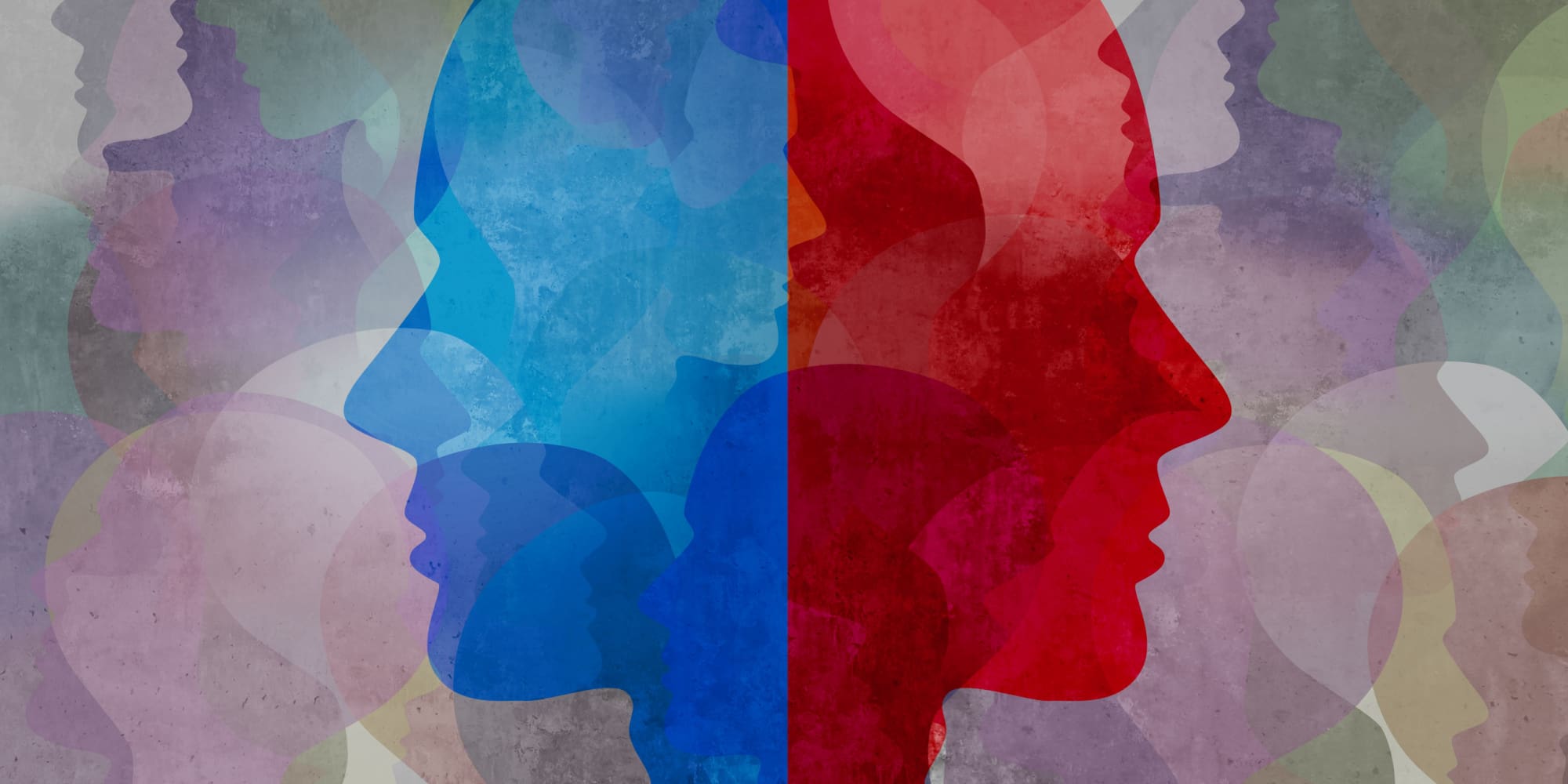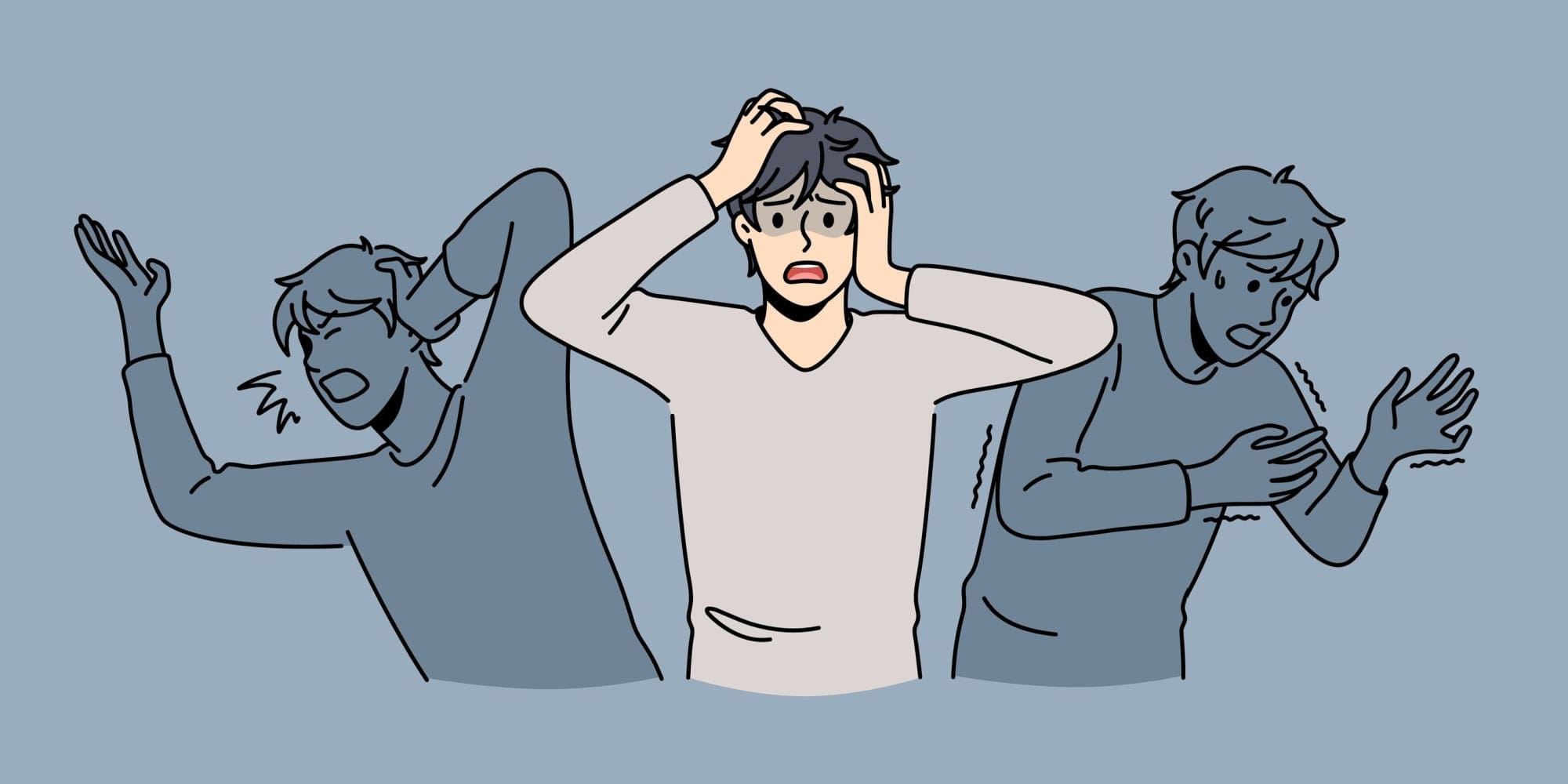The world’s population is aging rapidly. By 2030, one in five Americans will be senior citizens. Adults ages 65 and older are also living longer. In a society that idolizes youth, aging can be daunting. However, most older adults enjoy healthy aging rather than debilitation. When seniors do experience a new illness, it is often related to aging. Some common aging mental health issues include grief, depressive disorders, specific phobias, sleep disorders, substance use disorders, delirium, and dementia.
In this article, we’ll provide more information on common aging mental health issues, so you know what’s normal and what’s not.
Contents
Grief
Senior adults must navigate major changes in employment, relationships, health, and other areas of their lives. These changes can be particularly challenging when they occur in tandem or are experienced as a loss. Elderly individuals may experience grief over losses such as:
- Adult children moving away from home
- Retirement
- Financial hardship
- Death of a loved one
- Loss of social roles
- Health problems
- Loss of independence
Grief is a normal response to loss. However, it can worsen or trigger mental illness. When an individual, young or old, suffers a loss that goes beyond their ability to cope, a mental disorder can develop.
Depressive Disorders

Depressive disorders affect more seniors than any other mental disorder. Symptoms of depressive disorders include:
- Depressed mood
- Lack of motivation
- Sleep disturbances
- Loss of interest in daily activities
- Feelings of guilt or worthlessness
- Decreased energy
- Decreased ability to concentrate
- Appetite or weight changes
- Slowing of speech and movements
- Suicidal thoughts or behaviors
These symptoms could be warning signs of elder abuse or suicidal intent. Senior adults can develop depression from elder abuse inflicted by their caretakers. They also have a higher risk of suicide than any other age group other age groups. Loneliness and poor health are their biggest risk factors.
Most elderly individuals with suicidal ideation will reach out to family members or friends before attempting suicide. Commonly cited reasons among the elderly for attempting suicide include loneliness and poor health. Showing your concern and support in return can be life-saving.
Specific Phobias
Specific phobias affect more seniors than any other anxiety disorder. A specific phobia is a fear of a particular thing or situation. Older adults commonly fear dental procedures, falling, natural disasters, and death. Specific phobias can cause a panic attack. A panic attack is a form of severe anxiety. It comes on suddenly and peaks within 10 minutes. Seniors may mistake it for a heart attack or stroke. Symptoms of a panic attack include:
- Feelings of impending doom
- Racing heart
- Chest and abdominal discomfort
- Nausea
- Shortness of breath
- Choking sensations
- Sweating
- Trembling
- Numbness or tingling
- Hot flashes or chills
- Dizziness or lightheadedness
- Feeling detached from oneself
- Feeling detached from one’s surroundings
- Fear of going crazy
- Fear of dying
In comparison to younger adults, seniors may have more debilitating phobias. That’s why it’s important to identify them early to get them help.
Sleep Disorders
Insomnia is the most common sleep disorder experienced by seniors. On average, older adults get less deep and restorative sleep than younger adults. Several factors contribute to sleep disorders in seniors:
- Loss of social or professional responsibilities
- Loss of daily structure
- Pain conditions
- Frequent nighttime urination
- Difficulty breathing
- Digestive problems
Substance Use Disorders
Substance abuse tends to decline with age. However, in comparison to past generations of seniors, today’s older adults are more likely to have a substance use disorder. The most common substances abused by the elderly seniors are:
- Alcohol
- Marijuana
- Cocaine
- Heroin or other opiates
- Prescription drugs such as opioids and benzodiazepines
Substance use disorder is often missed in older adults. Other chronic health conditions may mask or complicate the disorder.
Delirium


Delirium is an acute state of confusion, poor attention, and disorientation. It can last for hours to weeks. Advanced age and dementia are the biggest risk factors for developing delirium. The most common causes of delirium in seniors include:
- Dehydration
- Sleep deprivation
- Medications
- Low blood sugar
- Electrolyte abnormalities
- Constipation
- Infection
- Pain
- Surgery
- Alcohol withdrawal
Dementia
Dementia is a gradual loss of mental functioning over months or years. Memory, thinking, comprehension, and learning are impaired. Risk factors for dementia include advanced age, family history, and female sex.
Normal mental decline with age may include:
- Difficulty learning new things
- Forgetting a name, word, or date
- Neglecting a monthly bill
- Making a bad decision
- Misplacing objects
Unlike normal mental decline, dementia is often chronic and progressive. It may also be accompanied by:
- Language difficulties
- Poor decision making
- Trouble completing activities of daily living
- Behavioral changes
- Speech and movement difficulties
Dementia is the second most common cause of disability among seniors. It usually requires long term care.
We Can Help You
If someone you know struggles with aging mental health issues, contact the Port St. Lucie Hospital today at (772) 238-7734. The Port St. Lucie Senior Adult Mental Health Program offers comprehensive behavioral health services for seniors, including long term care. Let us help you or a loved one achieve optimal health and quality of life.



























